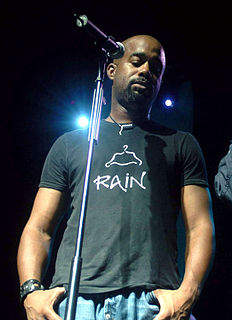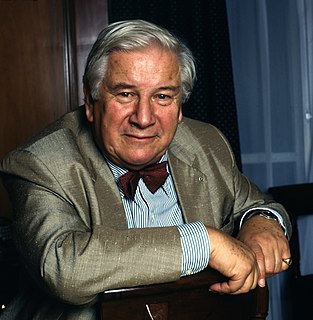A Quote by Huey Lewis
Well, we were originally called Huey Lewis and the American Express. But on the eve of the release of our first record, our record label, Chrysalis Records was afraid that we'd be sued by American Express.
Related Quotes
My record label, which is a huge record label who represents massive, massive stars - they've never done anything like this before, and they were so excited about this idea of an animated character which is singing legitimate music. It's not a comedy record, it's a legitimate record. And they really jumped on board. So, we've got our Facebook page up, we'll be jumping on Twitter very soon, and sort of be creating Haley outside of American Dad.
We have signed with Artemis Records. Originally they were our distributor for 'Group Therapy'. My former manager (Chip Quigley) started a record label (Recon Records) and had Artemis Records as their distributor. Unfortunately, the way the label was run meant that it didn't turn out the way that we thought it was going to be. We simply got into something that was different to what we initially thought
The first memory I have was my sisters dancing to the radio when they played records by Benny Goodman and Harry James and of the sort. But the record that got me was a record by Derek Sampson, who was a young guy, called 'Boogie Express,' and it was boogie-woogie. Really, it was on fire, and that got me.
The first record was basically a quick, fast record. The second record, we were going for more of a poppier sound - like a heavy pop sound. For 'Rocket to Russia,' we'd sort of reached our pinnacle. We'd gotten really good at what we were doing, so that's like my favorite record - that's a really good record. It's just great from beginning to end.
The value of money has been settled by general consent to express our wants and our property, as letters were invented to express our ideas; and both these institutions, by giving a more active energy to the powers and passions of human nature, have contributed to multiply the objects they were designed to represent.
When it all started, record companies - and there were many of them, and this was a good thing - were run by people who loved records, people like Ahmet Ertegun, who ran Atlantic Records, who were record collectors. They got in it because they loved music... Now, record companies are run by lawyers and accountants.



































